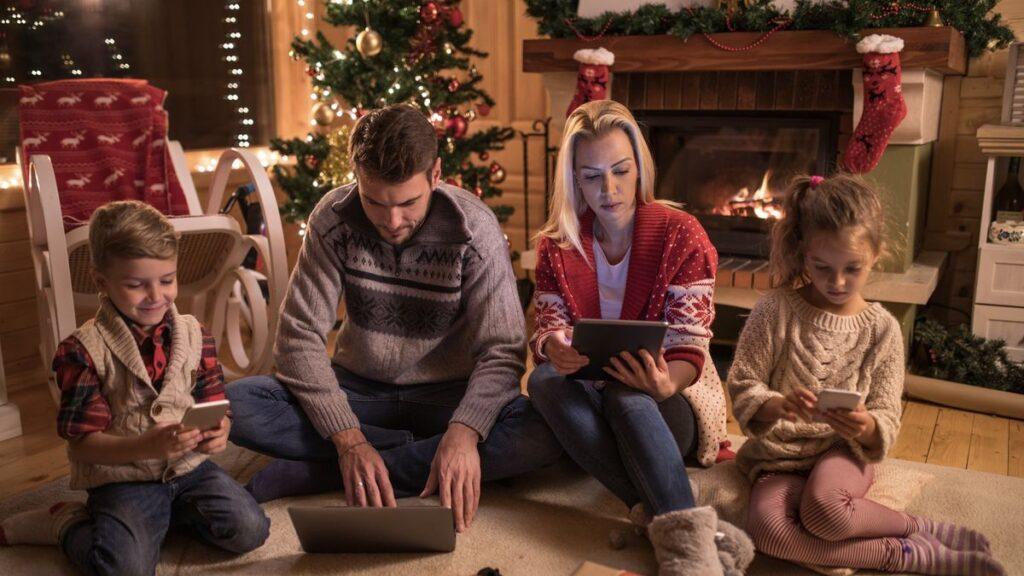The Christmas season is about being with family and having fun. However, as classic board games are replaced by their online counterparts, your online privacy is increasingly at risk – not the best way to start the new year!
For example, five of the most popular Christmas-themed game apps are specifically related to Christmas. Worse yet, free holiday apps are especially data-hungry and reportedly share five times more data with third parties than their paid version.
These are some of the worrying findings from new research by Surfshark, one of the best VPN providers on the market. Read on as I explain everything you need to know to stay safe.
Christmas online games: how much data is collected?
To determine the real price we pay to enjoy festive apps, the Surfshark team analyzed the 21 most popular mobile gaming apps on the UK App Store across the Board Games, Family Games and Christmas charts.
These included games, but also countdowns (Santa Tracker, Christmas Countdown!), photo editing (ElfYourself), festive music (Christmas Radio+) and gift-buying aids (Gifster).
The App Store provides a list of 35 unique data points categorized into 16 unique data point categories. Experts analyzed the data set based on the number, type, and handling of data points collected by each application. Needless to say, the team found that most of these apps consume quite a bit of data.
Make sure you delete any holiday apps you’ve downloaded after the holidays are over.
While the average number of unique data points collected by the most popular holiday apps is seven, some collect as many as 13 out of 35.
The digital adaptation of the famous board game Monopoli Go! tops the list of data-hungry apps with 13 unique data points collected. All of them are data linked to you, while 10 are actively used for online tracking. This means that the app shares your data, including your location, with data brokers or other third parties to create your profile on different websites for targeted advertising.
The third most popular free board game app, Hexa Sort, shows similar behavior, collecting 13 unique data points, 10 of which are tracked, including location and purchase history. Bubble Pop! and ElfYourself are also among the apps that consume the most data.
Unsurprisingly, free apps collect and share the most data, and experts found that holiday gifts share five times more data with third parties than paid apps.
As Tomas Stamulis, Chief Security Officer at Surfshark, explains, mobile app developers are increasingly taking into account regulations and data protection requirements.
In the past, gaming apps often requested broad access to their data, while today developers are more likely to focus on the information that is actually necessary for the software to function properly.
However, Surfshark research shows how free apps consistently put your privacy at risk by sharing significantly more data with third parties compared to paid apps. This, according to Stamulis, highlights the importance of evaluating the privacy implications.
He said: “A responsible approach to data protection could encourage users to opt for paid versions of apps, look for alternative apps, or consider whether the app can function without granting permissions that may not really be necessary. If such options are not provided , raises important questions about the intent behind data collection.”
Another crucial thing to keep in mind is the consequences of the Christmas season. Apps like Christmas Countdown!, Santa Tracker and Christmas Radio+ may track and share your location data with third parties, for example, even when you are no longer using the app. As a general rule, you should delete any holiday apps you’ve downloaded once the holidays are over.
While security software like virtual private networks (VPN) and ad-blocking services can only increase your privacy a little (for example, by masking the location of your real IP address and protecting your device from malware), they cannot Prevent apps from tracking you. However, you could then use a data deletion service like Incogni to ask the data brokers to delete all the details they have about you.




